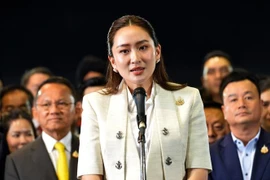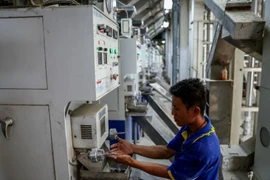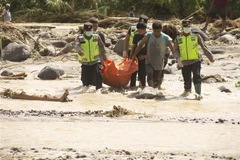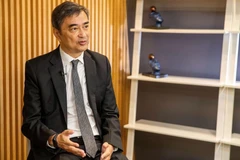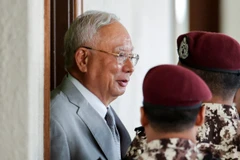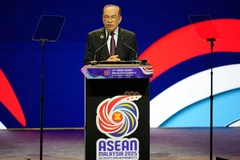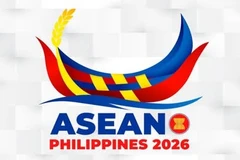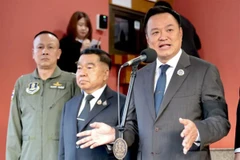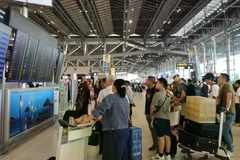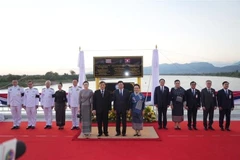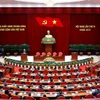Bangkok (VNA) - Thai Deputy Prime Minister and Interior Minister Phumtham Wechayachai was assigned Acting Prime Minister, replacing caretaker Prime Minister Suriya Juangroongruangkit, following a special Cabinet meeting on July 3.
Earlier the same day, the country’s newly appointed cabinet ministers took the oath of office before assuming their official duties.
The swearing-in ceremony took place after the new cabinet had been approved by the King and officially announced in the Royal Command on July 1, just hours before the Constitutional Court issued a suspension order for Prime Minister Paetongtarn Shinawatra, pending its review of a petition seeking her dismissal.
A total of 14 cabinet ministers attended the ceremony, including Paetongtarn, who now holds the position of Minister of Culture. Several ministers were reassigned to new roles, including Phumtham Wechayachai as Minister of Interior; Sudawan Wangsuphakijkosol as Minister of Higher Education, Science, Research and Innovation; and Narumon Pinyosinwat as Minister of Education.
Newly appointed ministers include Suchart Tancharoen as Minister to the Prime Minister’s Office; Jatuporn Buruspat as Minister of Commerce; Pongkawin Jungrungruangkit as Minister of Labour; and Attakorn Sirilattayakorn as Minister of Agriculture and Cooperatives. In addition, several new deputy ministers were also appointed./.
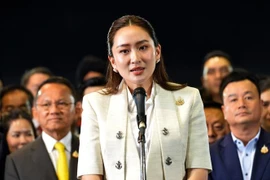
Deputy PM Suriya Jungrungreangkit appointed Acting PM of Thailand
Deputy PM and Minister of Transport Suriya Jungrungreangkit, 70, has been appointed Acting PM of Thailand. He is set to lead the newly reshuffled cabinet in a swearing-in ceremony scheduled for July 3.
